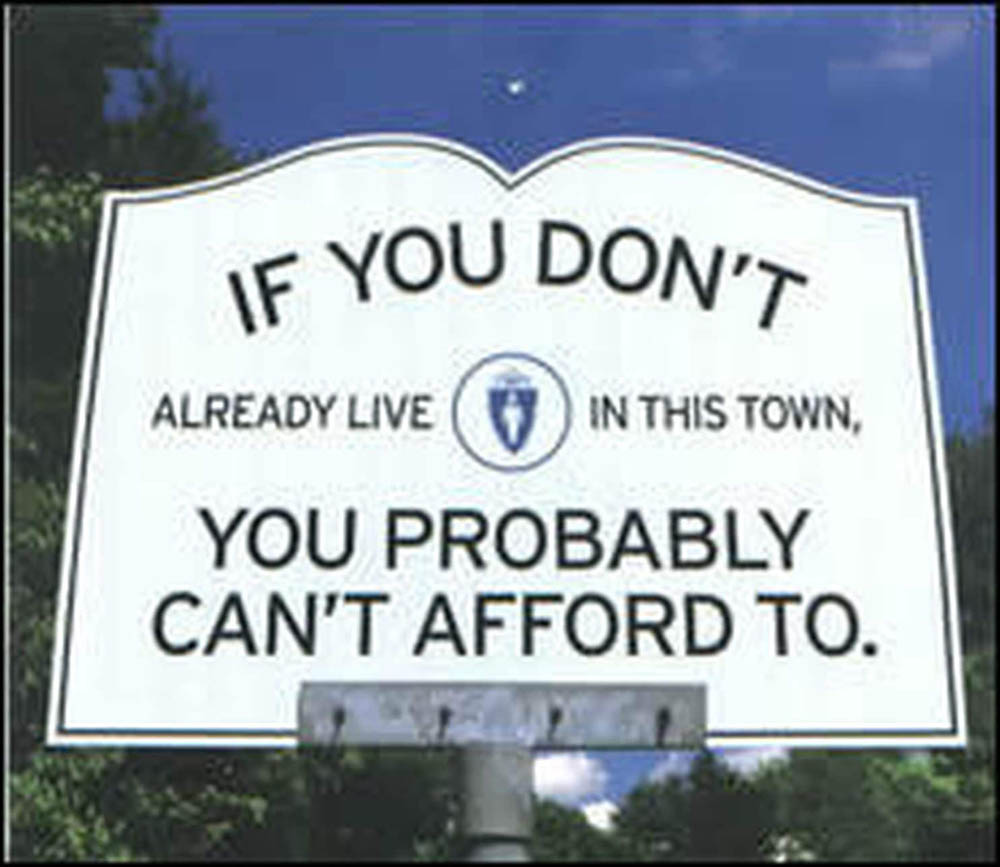
Boston Tenants Fight for Just-Cause Evictions
Tenant activist groups in Boston have submitted a petition to the City Council to create Just-Cause Eviction protections for all Boston tenants. Boston would join other major cities such as New York, San Francisco, Los Angeles and Seattle which protect tenants from any evictions by landlords except for limited “just-cause” grounds. The petition lists several grounds for eviction, which are very similar to the grounds in other jurisdictions. Notably, a Boston landlord would be permitted to evict on the following grounds:
-
- Failure to Pay Rent: If the tenant fails to pay rent or is “habitually late” in the payment of rent;
-
- Damage to the Apartment: If the tenant has “willfully caused substantial damage” to the apartment and the damage is “beyond normal wear and tear”, and if tenant refuses to repair the damage or pay for the damage after written notice from landlord;
-
- Disorderly Conduct: If the tenant fails to cease disorderly conduct which affects the peace and quiet of other tenants after written notice from landlord;
-
- Illegal Activity: Tenant’s use of the apartment or the common areas for any illegal purpose including the manufacture, sale or use of illegal drugs; or
-
- Access: If tenant fails to provide access to the apartment to landlord after written notice.
These just-causes for eviction are fairly standard and the burden of proof is on the landlord. The burden is a difficult one for the landlord to overcome because the standards set forth in the ordinances are vague.
Opponents of the proposed ordinance argue that the limitations on eviction proceedings are a back door attempt to reinstitute rent control in Boston, which was eliminated in 1994. In fact, many cities that have just-cause eviction laws on the books are also rent control cities. Boston is not likely to reinstate strict rent control as voters have rejected new rent control proposals 4 times since its abolition. In addition, landlords are already required to participate in city-approved mediation with a resurrected “Boston Rent Control Board” before raising rents or declining to renew an expired lease. This process can last as long as 1-year, after which, the landlord must go to housing court to complete a no-fault eviction. Those in favor of the proposed ordinance argue, among other things, that there is a complete lack of affordable housing in Boston and just-cause evictions is just a starting point to help right this problem.
There is no just-cause eviction or rent control in Florida and no movement to institute either anywhere in the state. While I have written about the need for more affordable housing (see Condo Boom Leaves Ft. Lauderdale Short in Affordable Housing, November 30, 2015), I don’t see rent control and just-cause eviction as the solution to this problem. Most housing experts and economists have argued that rent control only acts to create a shortage of controlled apartments while increasing the demand. And, the need in Florida is greatest in the major metropolitan areas (Miami/Ft. Lauderdale/West Palm Beach, Tampa Bay, Orlando and Jacksonville). The smaller communities in general and low income families in particular would not benefit from these measures.
Regardless, we should watch what happens in Boston closely.


No Comments
Sorry, the comment form is closed at this time.